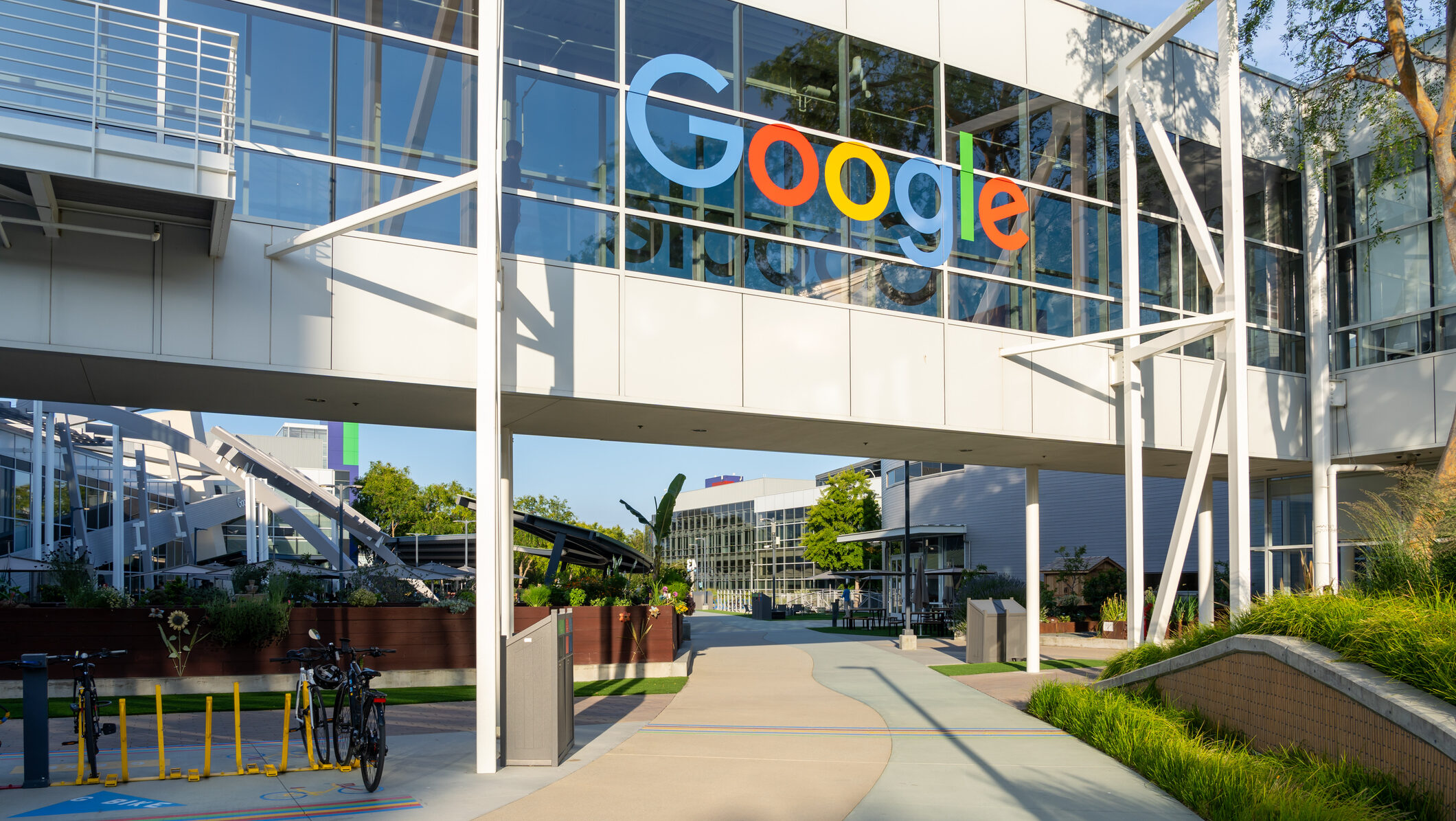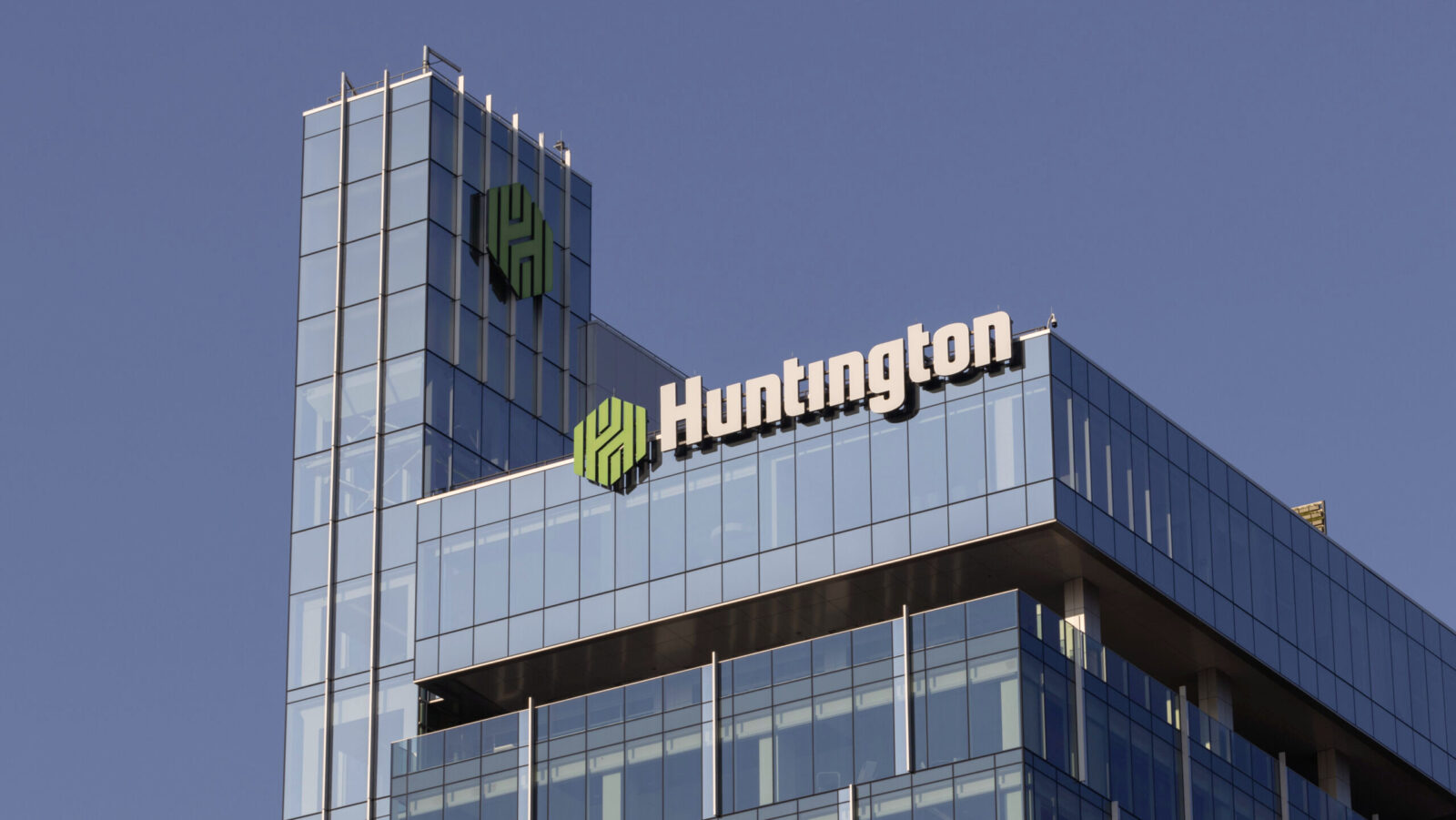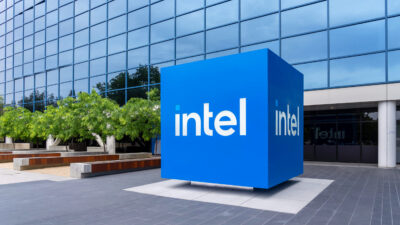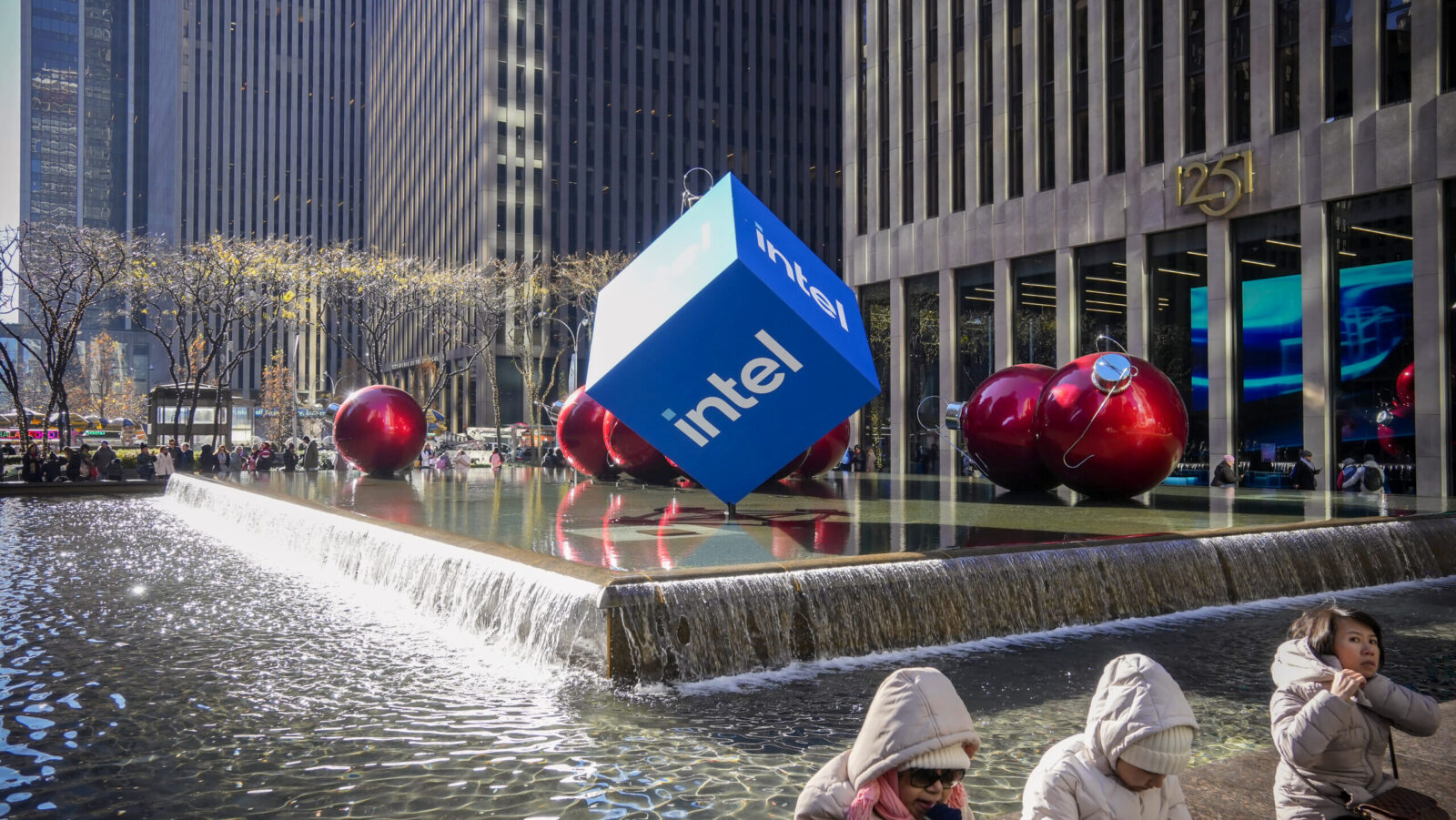Google Search Weathers AI Storm — For Now
The cannibalization of traditional search by AI chatbots is difficult to quantify, though by all accounts AI is already taking some nibbles.

Sign up for smart news, insights, and analysis on the biggest financial stories of the day.
Facing the threat of AI extinction, Google Search is being forced to adapt or die. So far, Charles Darwin would be proud.
In its earnings report this week, Google-parent Alphabet revealed that revenue from its ubiquitous search engine continues to grow in spite of widespread fears that search could go the way of the Dodo in an era of generative AI chatbots. Still, the good (if not great) news hardly stirred investors on Thursday following Alphabet’s after-the-bell earnings call a day earlier, with shares rising a muted 0.8%. Indeed, AI is hardly the only extinction-level threat facing the Silicon Valley giant.
Search and Destroy
The supposed cannibalization of traditional search by AI chatbots is difficult to quantify, though by all accounts, AI is still taking more nibbles and small bites than big chomps. A Sensor Tower report released last month found the amount of time internet users spent on traditional search engines fell by 3% from April 2024 to April 2025, while time spent on ChatGPT soared more than 60% in the same frame. Meanwhile, data from market intelligence firm Datos, recently seen by The Wall Street Journal, showed that chatbots accounted for roughly 5.6% of internet searches in June, about double the rate from a year before.
Google’s ability to monetize search is growing anyhow, with revenue climbing 12% year-over-year in the most recent quarter to a record $54.2 billion. And, of course, Google is already integrating AI responses into its search results, with the company saying its “AI Overviews” served 2 billion monthly users in June, up from 1.5 billion in May. Maintaining that growth might be a tricky tightrope:
- On the one hand, recent research from search engine optimization firm BrightEdge has shown that search impressions (i.e., the number of links seen, although not necessarily clicked, by users in search queries) have increased by 49% in the year since Google launched its AI summaries. That means more users are seeing more advertiser links.
- On the other hand, actual clickthrough rates have plummeted 30% in the past AI-infused year, per BrightEdge. That may ultimately change the calculus of advertisers, especially as ascendent AI rivals like Perplexity launch new AI-forward web browsers (meanwhile, those in the content publishing game are getting crushed by the search traffic drop-off).
“Google’s strong Q2 results are definitely a positive signal for the overall search market. We’ve observed a substantial increase in search query volume — driven by a fundamental shift in how people use search,” said Udayan Bose, founder and CEO of NetElixir, a digital growth marketing agency and Google Premier Partner. “This rise in query volume is helping to offset the decline in traditional clickthroughs.”
Heads in the Cloud: Still, AI will be a boon for other parts of Alphabet’s massive empire. Case in point: Its cloud business generated $13.6 billion this past quarter, riding the AI demand boom to a 32% year-over-year growth spurt, helping narrow the lead held by Amazon and Microsoft. Meanwhile, Google’s hard push of Gemini, its own AI model, on enterprise clients is paying off: The AI app now has 450 million monthly active users. So, why the muted market response, even as most individual pieces of the company’s portfolio outperform? Because next month, Google is set to receive remedy orders from a federal judge after being found to have operated illegal monopolies in multiple corners of its business, which may mean the company’s portfolio gets splintered soon. Investors appear to be adapting to this new reality.











